Coupling the Spacecraft-Plasma Interaction Software to the Space Environment Databases
- ONERA, DPHY, Université de Toulouse, Toulouse, france
Spacecraft in the space environment plasma collect and emit charged particles ending charging themselves. Even with the best specification, the spacecraft potential charge to a potential of the order of the ambient electron temperature, which impact the instrument ability to investigate the thermal plasma characteristics. The most impacted instruments are the particle detector which see a distortion both in arrival direction and energy, and the plasma and field sensors which are perturbed by the electrostatic sheath around the spacecraft. In order to improve the space mission data analysis, the Spacecraft-Plasma Interaction Software (SPIS) has been developed by ONERA and Artenum, with support from the ESA, the CNES and the SPINE Community which gathers European academic and industrial partners and the charging issues. However, the precision of its modelings depends on the accuracy of its inputs, particularly concerning the plasma environment populations. In the frame of the Europlanet 2024 RI project funded by the European Commission, we developed a connection between SPIS and the main environment databases through the SPASE framework. Using the Simulation extension to SPASE, the IMPEX planetary environment simulation databases are also accesible. In addition, this extension allowed us to develop algorithms that allow to retrieve semi-automatically the data of interest (i.e. that can be exploited by software) in a whole database and to handle them properly. We will demonstrate the capability of the software - database connection to analyze instrument measurements and show the capability of SPASE to provide the metadata needed for the automatic processing of the data by client tools.
How to cite: Hess, S. and Leclercq, L.: Coupling the Spacecraft-Plasma Interaction Software to the Space Environment Databases, Europlanet Science Congress 2022, Granada, Spain, 18–23 Sep 2022, EPSC2022-347, https://doi.org/10.5194/epsc2022-347, 2022.

